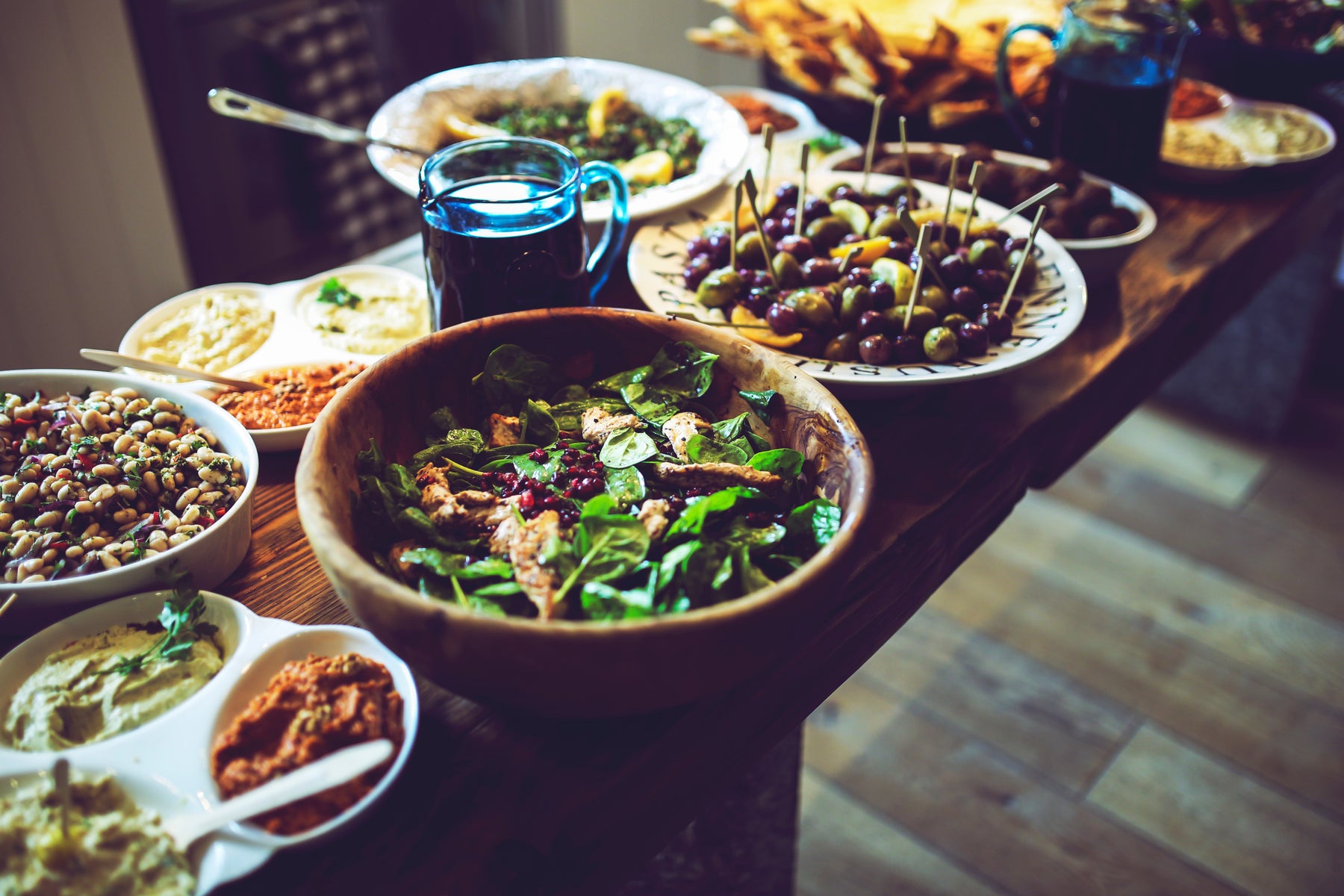
This Diet Was Shown To Help Fight Cancer
When most people hear the word “diet” they think of things like restrictive food recommendations...or kicking X type of food in favor of another.
That’s an unfortunate way of thinking about diet, as a diet should simply be a predictable way of eating.
Here in America, most people subscribe to the SAD, or the Standard American Diet.
This diet consists of foods found in boxes which are filled with artificial ingredients, additives, and chemicals.
This is a diet that I, along with many other practitioners, strongly suspect is contributing to a long list of diseases and conditions.
Part of the reason we assume this is because when we look at other diets, we see those diets actually help fight diseases.
Take the Mediterranean diet. This diet has long been implicated in helping keep people’s cardiovascular systems healthy.
And now, research shows it might actually help prevent the formation of colorectal cancer.
How the Mediterranean Diet
May Help Fight Cancer
I’ll say this up front.
The scientists involved in this research aren’t quite sure how exactly the Mediterranean diet helps prevent colorectal cancer.
But in studies that observed the diet’s effects on colorectal cancer as a whole (as well as when isolating individual components of the diet), the evidence seems to support its usefulness in keeping this particular kind of cancer from growing.
The research which was presented at the ESMO 19th World Congress on Gastrointestinal Cancer, focused on 808 people who were getting diagnostic colonoscopies.
The subjects in the study averaged in age from 40-70 and were not identified to be at high risk for colorectal cancer to begin with. In addition to measuring each subject’s BMI, height, and weight, they were asked to fill out surveys about their food intake and given a medical and lifestyle interview.
This was all done so the researchers could form a baseline to compare people who followed a Mediterranean diet to those who didn’t.
According to their observations, those who consumed a Mediterranean diet had much lower rates of colorectal cancer than those who consumed a “standard diet.”
The definition of a Mediterranean diet in this instance was a diet consisting of above-average consumption of fruit, vegetables, nuts, seeds, and whole grains, as well as fish and poultry, with below average consumption of red meat, alcohol and soda.
The way they determined this was by measuring how many pre-cancerous polyps were observed during the colonoscopy.
What was most interesting was that the subjects didn’t necessarily need to maintain a strict mediterranean diet to reduce their risk.
As Medical News Today writes:
“People with advanced polyps reported consuming fewer elements of the Mediterranean diet. More specifically, the average was 1.9 Mediterranean diet components in the advanced polyps group, compared with 4.5 components in the polyp-free group.
Surprisingly, even two or three elements of the diet correlated with a 50 percent reduction in the risk of advanced polyps, compared with consuming no key components at all.
Additionally, the risk further decreased as the number of Mediterranean elements increased. The more elements of the Mediterranean diet people consumed, the lower were the chances of advanced polyps showing up in their colonoscopies.”
When adjusting for other factors, the researchers concluded the behaviors most likely to reduce risk were cutting down on sodas and eating a diet heavy on fish and fruit.
As the study’s author concluded, "Among people who made all three healthy choices the benefit was compounded to almost 86 percent reduced odds."
While I’m quick to recommend a diet like the Mediterranean diet, I would caution that studies demonizing red meat might be overreaching.
I believe studies will begin to show that grass-fed, pasture-raised red meat poses none of the health problems associated with conventionally raised meat.
So a mediterranean diet with red meat should be OK assuming your meat sources are top-notch.
Talk soon,
Dr. Wiggy
www.HealthAsItOughtToBe.com



